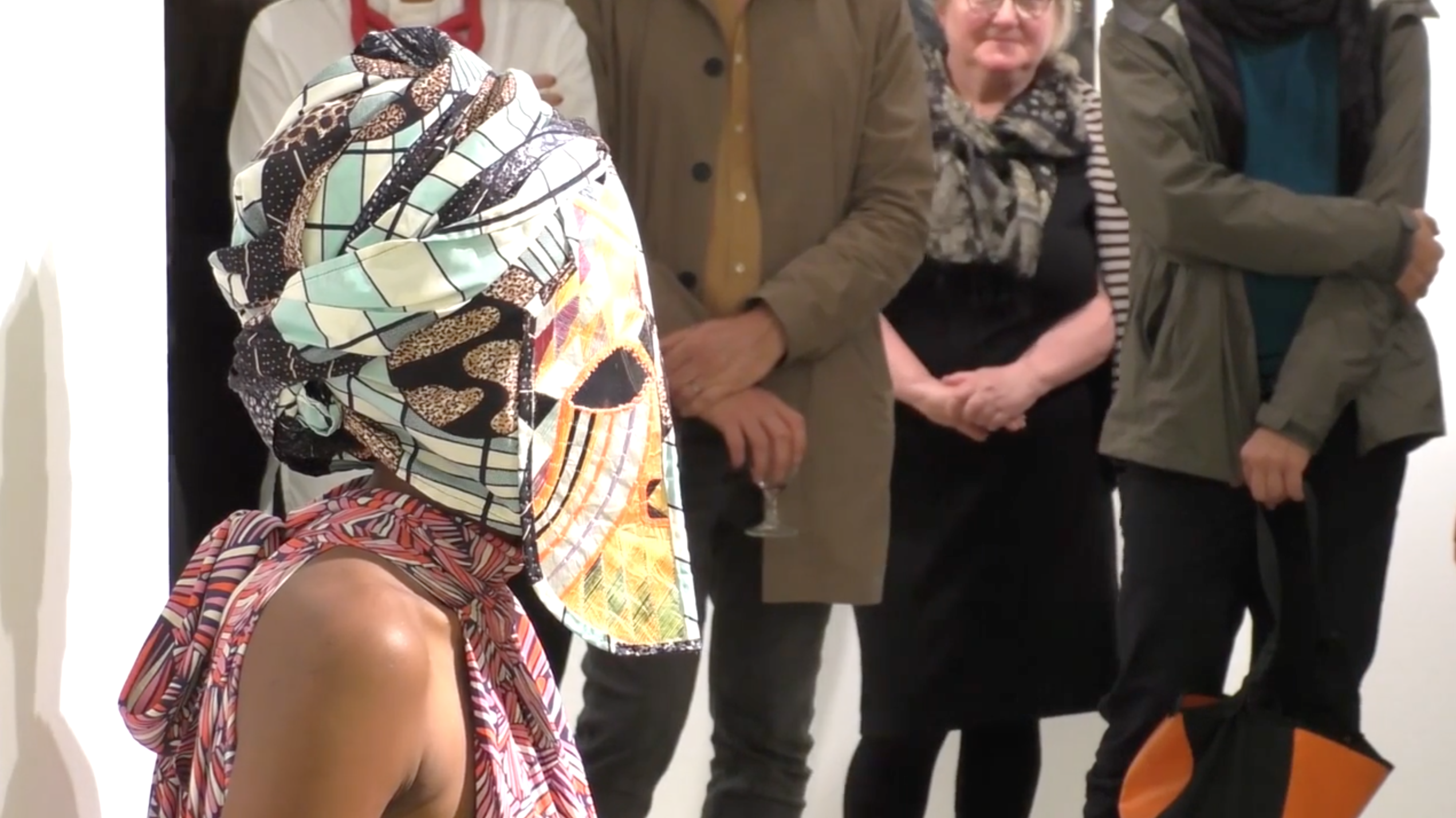FORM*AT

Working across anthropology, art, form, and theory, FORM*AT is a platform that reaches out in plural directions from London, São Paulo, Berlin, and Los Angeles. It focuses on:
Coordinated by myself and Jonas Tinius, FORM*AT has its origins in the Anthropologies of Art [A/A] website which brought together artists, anthropologists, and curators beginning in 2014.
[A/A] developed through seminars, workshops and conferences at Tallinn (2014), Durham University (2015), CRASSH and the University of Cambridge (2015), Montevideo (2015), Zagreb (2016), La Colonie in Paris (2017), Pivô in São Paulo (2018), CARMAH and the Humboldt-Universität zu Berlin (2019). In this period, the platform has worked with hundreds of practitioners from across anthropology and the arts from over 50 countries around the world. Interlocutors include Isabella Rejeille, Wura Ogunji, Simon Njami, Pedro Cesarino, Roger Sansi, Arnd Schneider, Fernando Palma Rodriguez, Alya Sebti, Aline Motta and many more.
Premised on collaboration and a desire to experiment, FORM*AT promotes conversations, seminars, and learning between fields that sit in uncomfortable proximity, supporting a community of 7,000 users.
- — reconceptualising anthropological theory and practice
- — experimental, multimodal, collaborative methodologies
- — the shift of artistic practice from objects/materiality to contexts/relations
- — institutional critique
- — difficult heritage, modernity, and (de)coloniality
Coordinated by myself and Jonas Tinius, FORM*AT has its origins in the Anthropologies of Art [A/A] website which brought together artists, anthropologists, and curators beginning in 2014.
[A/A] developed through seminars, workshops and conferences at Tallinn (2014), Durham University (2015), CRASSH and the University of Cambridge (2015), Montevideo (2015), Zagreb (2016), La Colonie in Paris (2017), Pivô in São Paulo (2018), CARMAH and the Humboldt-Universität zu Berlin (2019). In this period, the platform has worked with hundreds of practitioners from across anthropology and the arts from over 50 countries around the world. Interlocutors include Isabella Rejeille, Wura Ogunji, Simon Njami, Pedro Cesarino, Roger Sansi, Arnd Schneider, Fernando Palma Rodriguez, Alya Sebti, Aline Motta and many more.
Premised on collaboration and a desire to experiment, FORM*AT promotes conversations, seminars, and learning between fields that sit in uncomfortable proximity, supporting a community of 7,000 users.
auflynn [at] arts.ucla.edu
Alex Ungprateeb Flynn is an Associate Professor at the Department of World Arts and Cultures/Dance, University of California, Los Angeles. Working as an anthropologist and curator, Alex’s practice explores the intersection of ethnographic and curatorial modes of enquiry. Researching collaboratively with activists, curators and artists in Brazil since 2007, Alex explores the prefigurative potential of art in community contexts, prompting the theorisation of fields such as the production of knowledge, the pluriversal, and the social and aesthetic dimensions of form.